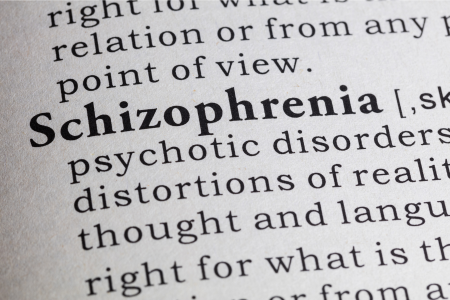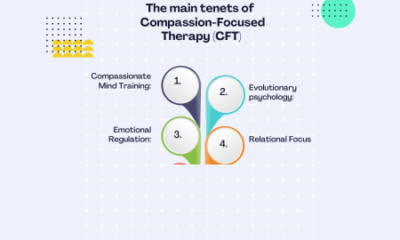News & Research on Psychology | ShareYrHeart
Are schizophrenia and autoimmunity linked?
Published
11 months agoon
By
ShareyrheartThere have been studies associating autoantibodies, which are immune system proteins that may function against one’s own body, to schizophrenia. Japanese researchers found autoantibodies against neurexin 1, a “synaptic adhesion protein.” In a subgroup of schizophrenia patients in a study published last month in Brain Behaviour and Immunity. When given to animals, the autoantibodies caused a number of schizophrenia-related changes.
Why can a synaptic protein be associated with schizophrenia, and what does it do? Specialized proteins called synaptic adhesion molecules bind to link brain cells physically. By exchanging chemicals, these connections, known as synapses, enable cell communication.
Since autoantibodies that target synaptic proteins in individuals with schizophrenia are thought to be present. The study team from Tokyo Medical and Dental University (TMDU) chose to look into this. This is because synapses and autoimmunity are both known to be connected with schizophrenia.

Schizophrenia Research of Hiroki Shiwaku
According to the study’s lead author, Hiroki Shiwaku, autoantibodies against the synaptic protein neurexin 1 were found in about 2% of the patient group. Neurexin 1 is produced by one cell in the synapse and interacts with neuroligins on the other cell in the synapse. Once these autoantibodies were discovered, the researcher stated. “We wanted to see if they could lead to changes associated with schizophrenia.”
In order for the autoantibodies to enter the mice’s cerebrospinal fluid and enter the brain, the researchers extracted autoantibodies from a subset of the patients. The autoantibodies in these animals disrupted several associated synaptic characteristics and prevented neurexin 1 and neuroligin binding.
In addition to causing fewer synapses in the brains of mice, the injection of these autoantibodies also caused schizophrenia-related behaviors. Including diminished social behavior towards unfamiliar animals and diminished cognitive ability.
Hiroki Shiwaku says, “Taken together, our data clearly imply that autoantibodies against neurexin 1 might induce schizophrenia-related alterations, at least in mice. These autoantibodies may thus serve as a therapeutic target for a subgroup of the patients.
A large number of people experience schizophrenia symptoms that are resistant to the range of treatments that are now available. As a result, finding potential disease-causing autoantibodies is crucial for enhancing symptom management in the patients. In the future, it is anticipated that the findings of this analysis may help patients with autoantibodies that target neurexin 1—all of whom in the current study were resistant to antipsychotic therapy—better manage their symptoms.
Source : Science daily
Research : Tokyo Medical and Dental University (TMDU)









